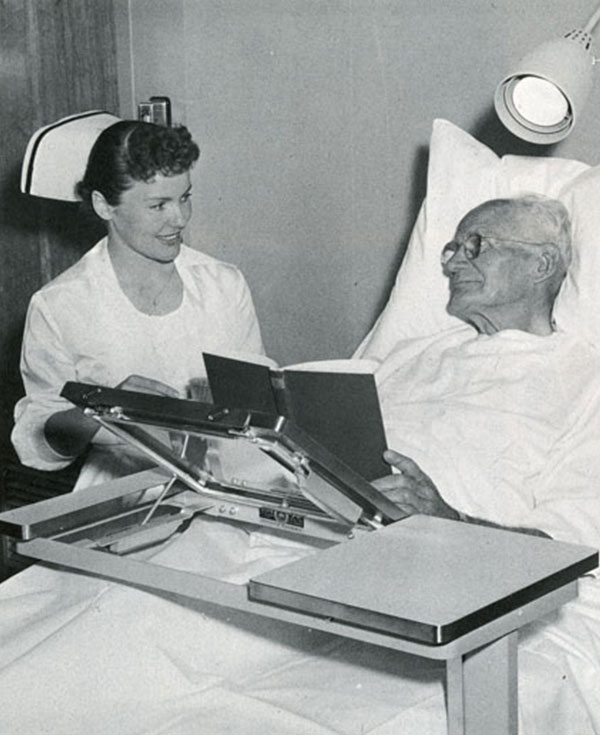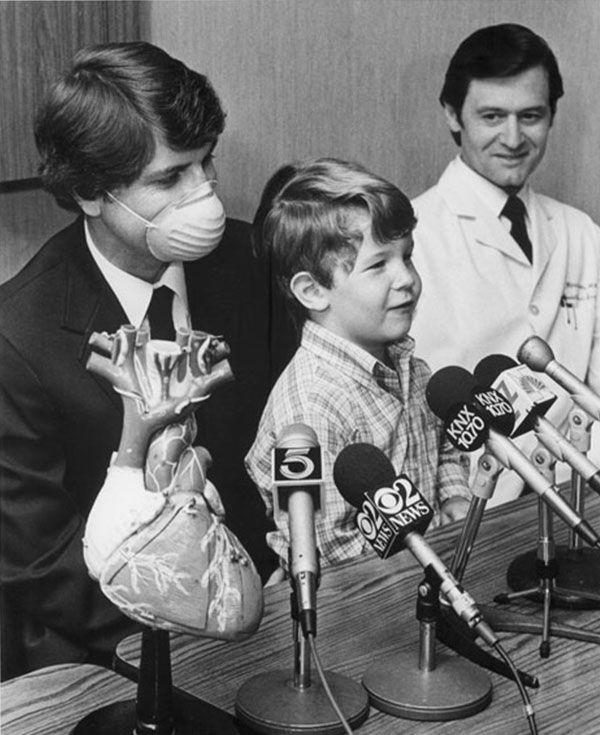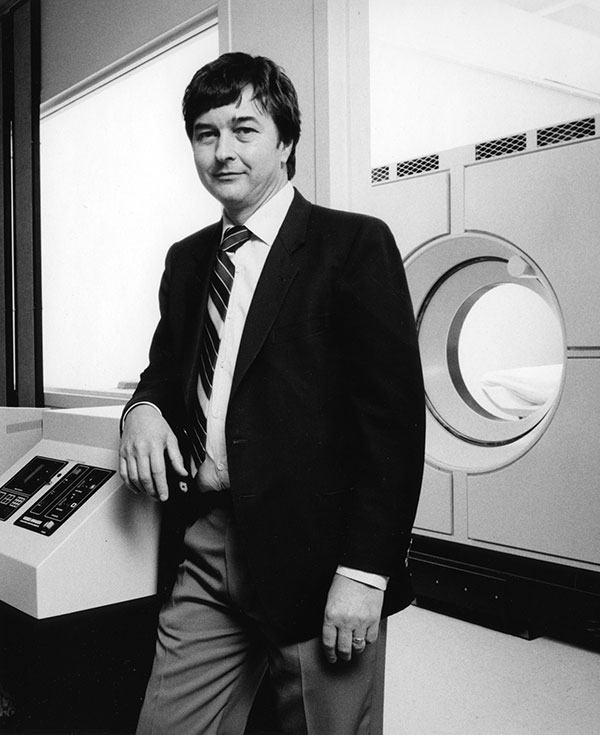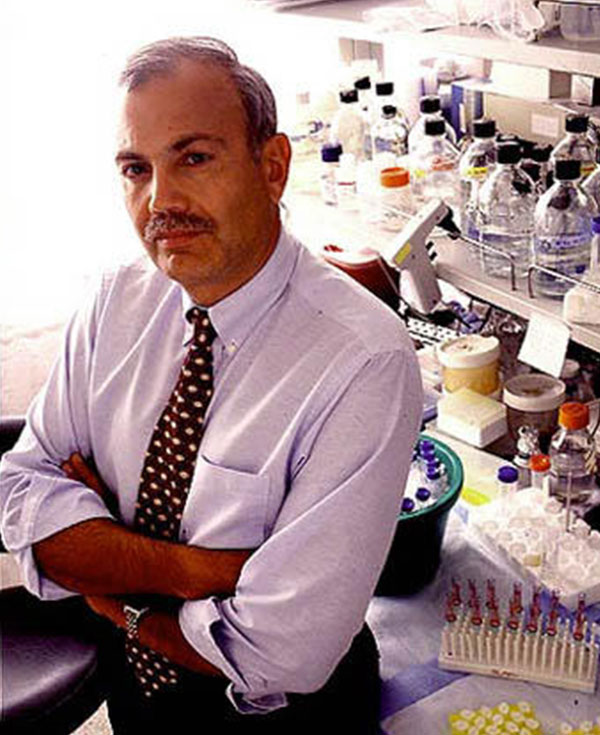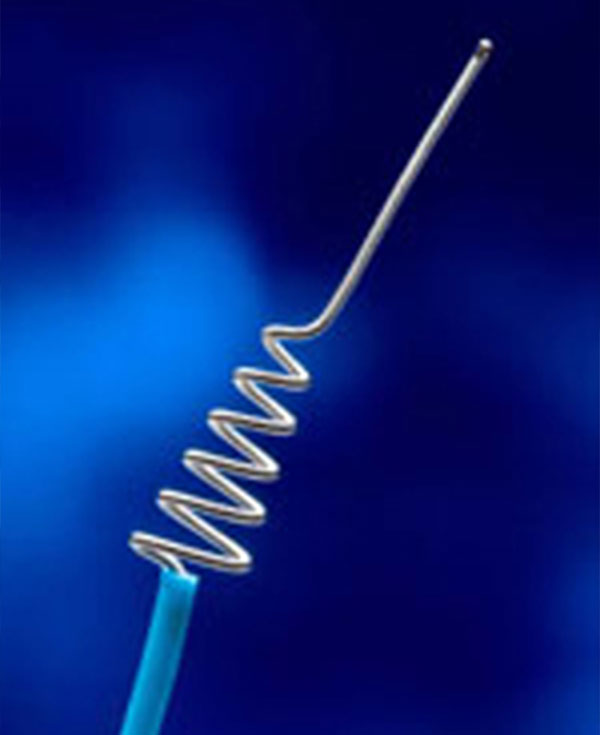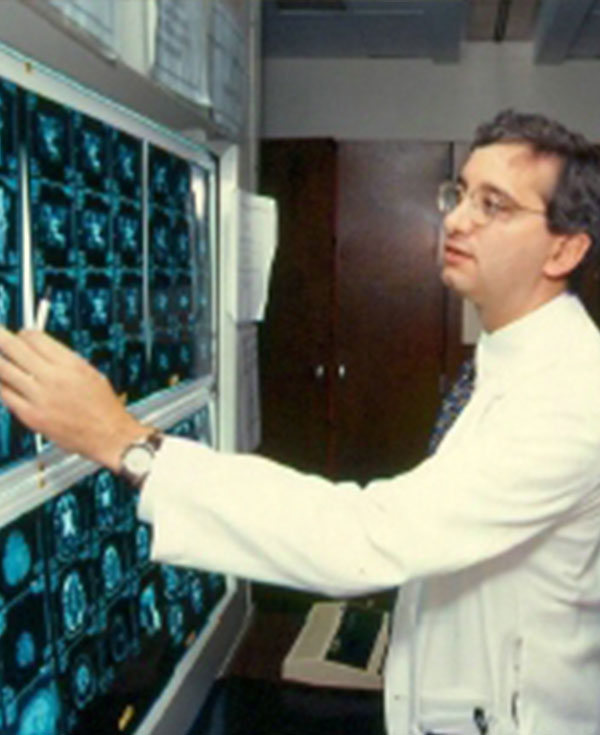U.S. News & World Report’s Best Hospitals Survey has ranked UCLA Health among the top 5 in the country and Best in the West for the past 26 consecutive years.

UCLA welcomed its first hospital patient in 1955. From that day to this, healers and researchers at UCLA have been at the forefront of revolutionary changes in medicine. Today, we’re among the top 10 in medical research funding by the National Institutes of Health, and one of the top 5 hospitals as ranked by U.S. News & World Report. And just wait until tomorrow. UCLA Health persistently marshals the resources of an academic medical center to bring advances from the lab bench to the bedside.
A NEW KIND OF IMAGING
UCLA’s Dr. Michael Phelps is the inventor of the PET scan, an imaging method like no other. Not just a static picture, the PET scan reveals the metabolic function of organs and tissue on the cellular level.
ORGAN TRANSPLANTS
UCLA alumnus and faculty member Paul Terasaki developed the tissue-typing test for organ transplants that became the international standard. UCLA surgical teams have performed thousands of liver, kidney and heart transplants, often accepting patients with complex medical conditions.
STROKE TREATMENTS THAT REDUCE DISABILITIES
UCLA physician specialists Y. Pierre Gobin and Guido Guglielmi revolutionized stroke treatment by creating mechanical methods to retrieve blood clots: the MERCI retriever and Guglielmi coils. When blood-clot medications cannot clear a clot or cannot be tolerated by the patient, mechanical retrievers offer an alternative. The UCLA Stroke Center is a world leader in improving stroke treatment.
GENETICALLY-TARGETED CANCER THERAPIES
UCLA doctor Dennis Slamon developed the breast cancer drug Herceptin, the first genetically targeted treatment. Other UCLA researchers played key roles in developing Gleevec and SPRYCEL. With better understanding of genetic triggers, personalized cancer treatments hold out even greater promise for the future.
And those are just a few examples of the ways UCLA continues to shape 21st century medicine. UCLA Health persists in seeking a better way – collaborating across disciplines to find new approaches and methods, and translating laboratory discoveries into clinical treatments.
